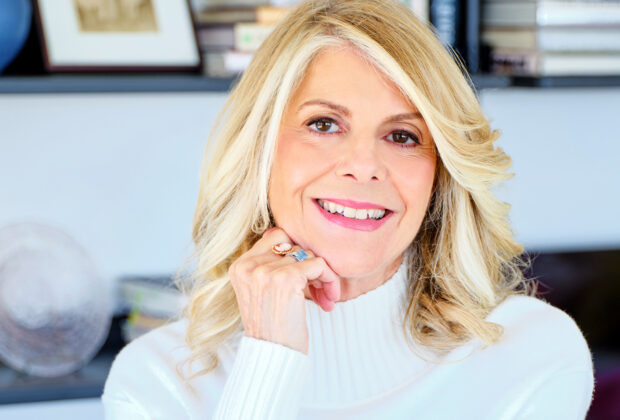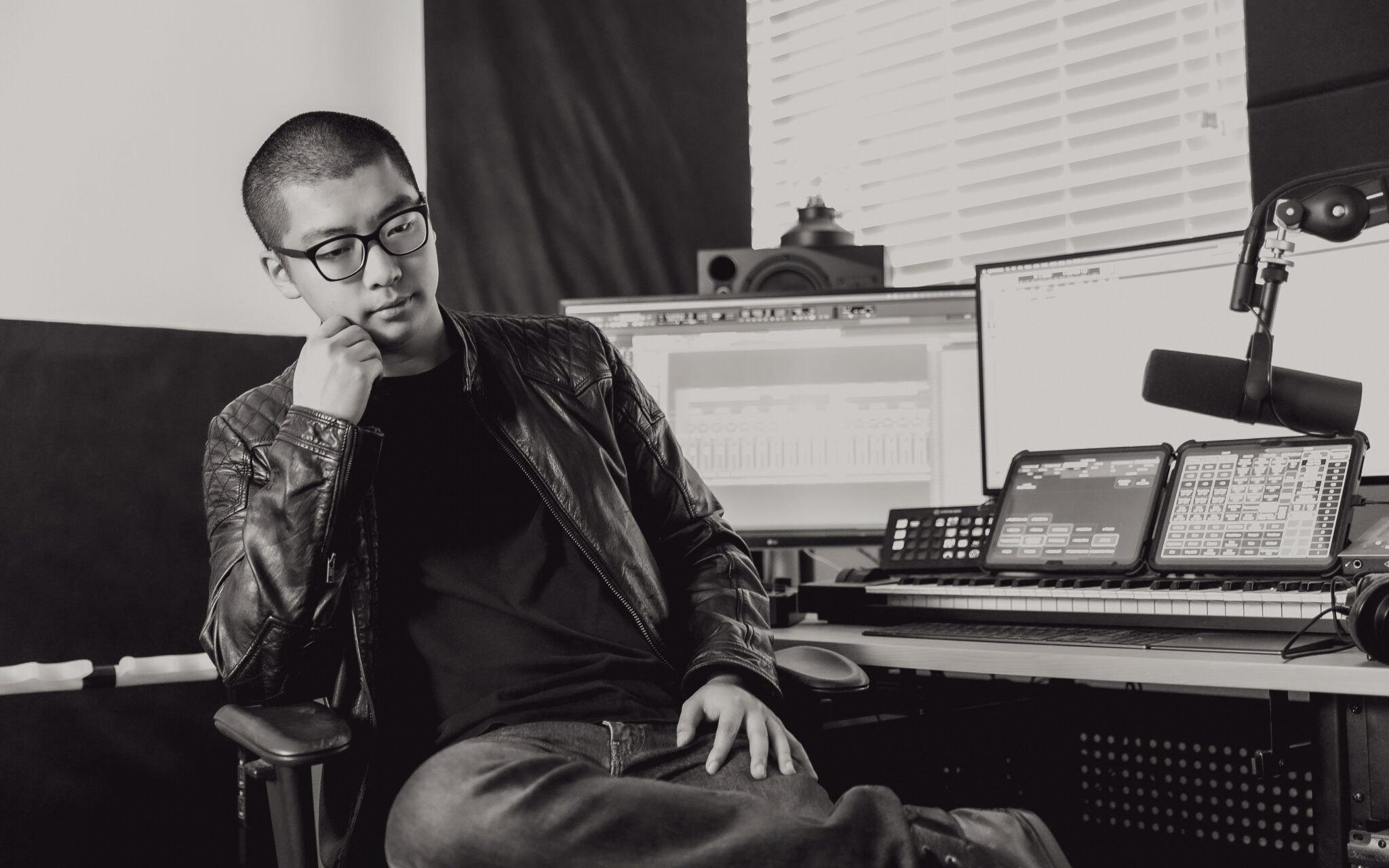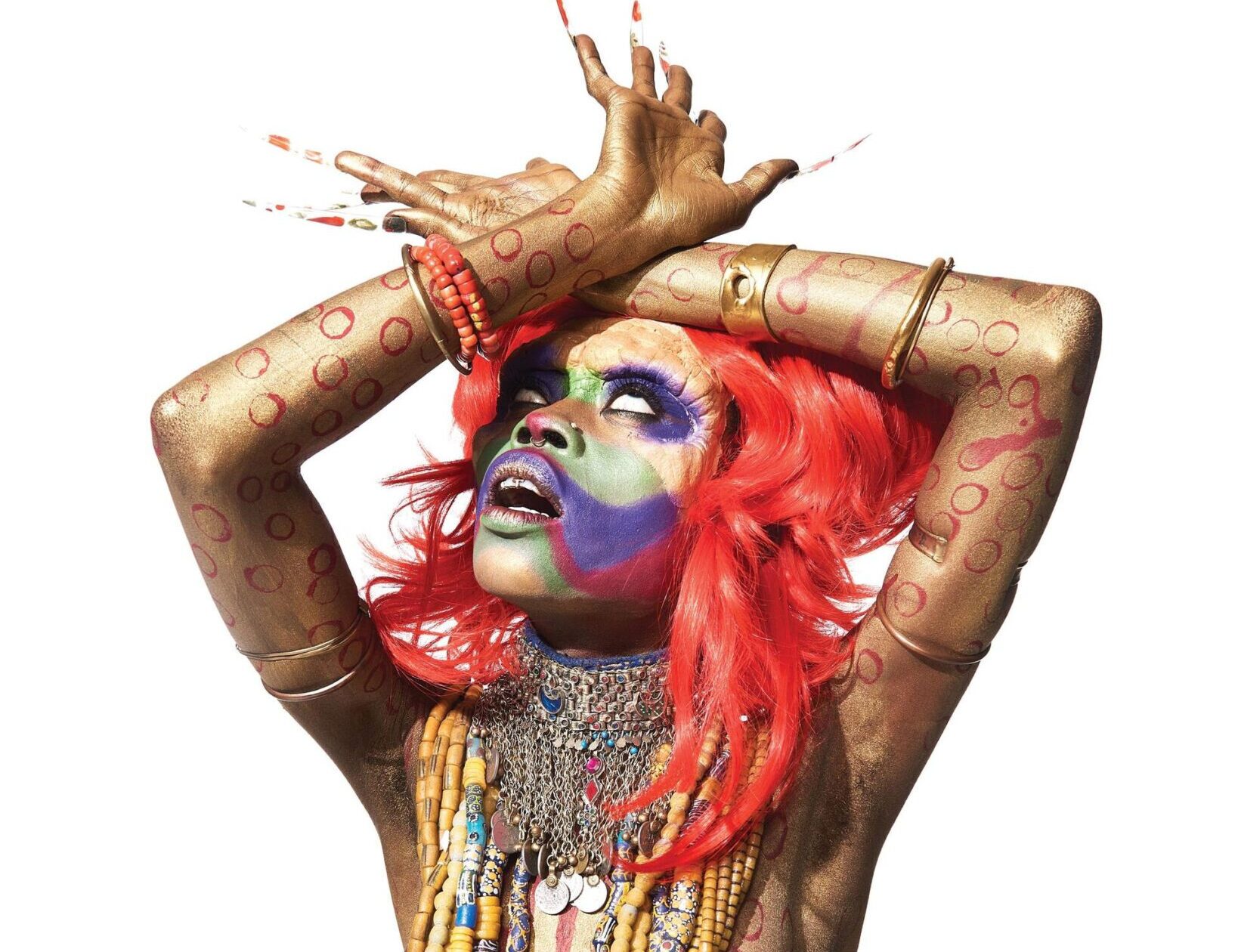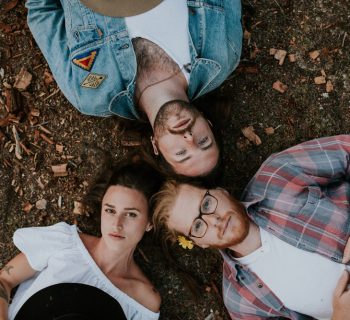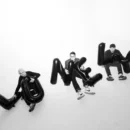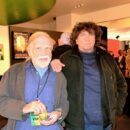Owner
Glassbeat Music
Years with Company: 25
Address: New York, NY
Web: shecreatesnoise.com, sarahnagourney.com
Email: shecreatesnoise@gmail.com
Guests: Sharon Tapper, Kate Kyman, Sam Cox, Lachi, Michelle Fantus, Shira Gans
BACKGROUND
Sarah Nagourney began her career as an artist. Today, the founder of Glassbeat Music is best known as a platinum-selling songwriter, producer, and artist development strategist. Her freshly minted podcast, She Creates Noise, spotlights the many women who are thriving despite the odds.
Getting Noisy
About a year ago, I was interviewed on a podcast. A few friends heard it and said, “You should do that.” I started thinking about it and talked with my daughter. She said, “I think that’s a great idea.” It feels right. I wanted to try something new. There are so many women in the business that don’t get as much attention as they deserve. Let’s applaud and highlight what they’re doing.
Help, Human and Nonhuman
I was worried about the technical side. Every time I would look at the distribution system, it was pages and pages. They have this thing called CoHost AI, which helps rewrite your notes. And I rewrite things [manually,] but it’s really helpful to have A.I. help me get organized.
I’ve got an intern, a social media person, and another helping with a lot of the details. It still comes down to me, because I’ve got to approve all the copy. If you do anything well, it’s a lot of work.
First Episodes
I’m starting with people I know or know of. For example, I did not know Lee Dannay, but we have bumped into each other professionally for years. We shared a GRAMMY U mentee who’s very talented. I sent her an email through LinkedIn, and she said, “I’d love to do it.” Some of the other guests are Sam Cox, Kat Hyman, and Sharon Tapper. There are some very respected people in the industry doing [my podcast.]
Dealing With Sexism
I was a cute, young singer/songwriter and had my share of colorful stories avoiding inconvenient encounters, just trying to protect myself, and being taken seriously. Some of the women I spoke to said, “Back in the day, it was, ‘Go get coffee,’ and, ‘Can you type this letter,’” even if you went to Cornell. There was definitely a different treatment of women.
But it’s improved greatly. A lot of those trailblazing women that I have on the podcast helped improve things for women today, but there’s still a ways to go. Pay equity comes up a lot. There are people that aren’t as nice, and there are also wonderful people out there. You just have to find your champions.
Accidental Careers
Sam Cox talked about how she hadn’t even thought about [entering the music industry]. She was doing marketing and met some people at SXSW who said, “Come to New York.” She wound up moving to N.Y.C. and meeting people in the business through her friends. So in her case, it was kind of an accident. Some people just fall into things.
Another person I interviewed, Michelle Fantus, also kind of fell into a role at Sony Music. And she figured out that, if she wanted to be in the music business, she should set up a showcase and get young talent. That was brilliant, because that put her on the map. She had all these great artists in their earliest days. She became kind of the person to go to for young talent, and that made her a valuable commodity. All the women I’m talking to are out-of-the-box thinkers.
A Songwriter’s Life
I started songwriting when I was nine. I liked writing poetry and playing guitar. I still love to write. My current method is to go in with some kind of loop, maybe eight or 16 bars, a melody, and a lyric starter idea. It could be just a germ of that idea or the chords or the title. Sometimes, it’s somebody else’s idea. In songwriting, you have to be flexible.
Identifying Magic
In the [writing] room, sometimes it feels amazing. Then you listen to it back and go, “I don’t remember it sounding like that.” Or it could be the other way around. You listen to it and think, “I don’t remember it being that magical.”
I was just in London on a writing trip. I had six sessions, which is a lot for me. I was tired and didn’t want to do that last session. And it was the best one. I went in with no preconceived notions. It was so organic. I knew it was working and something we all loved.
A Flood of Female Producers
I think [becoming a female producer] wasn’t encouraged. Either the technology seemed daunting or [they were told,] “You’re a pretty girl. Be a singer.” It’s changed dramatically. There are so many more women producers now. It’s 10 times more than it was five years ago.
Artist Development and Mentorship
I get in the room with young artists all the time. I can’t help but take on a role as an advisor. I got into [artist development] 15-ish years ago with one artist. Although we’ve never worked together officially with me being her manager, I’ve always been there to advise her, and she’s been very successful.
I got started with someone about 12 years ago, a young male artist who’s super talented. I was writing a lot and getting a lot of cuts, and then found it harder to get those cuts because things changed a lot. I felt like I had to create my own artists. Therefore, I had to find someone to develop and write with, so that I was writing songs with someone I was sure would have records released. It was kind of self-fulfilling, because if I didn’t make sure something happened, then my songs wouldn’t go anywhere.
Work Harder Than Everyone
If you’re an artist, you’ve got to work harder than your manager, your publisher, everyone. I think it was Sam Cox who said she’d rather work with an artist that works hard than someone who is really talented. You want them to be talented as well, but if they don’t put in the time, they’re not going to go anywhere.
The Gender Gap
I want people to know how much great work is going on behind the scenes by these women and celebrate their excellence, hard work, and creativity. The Annenberg study says only 13 percent of executives in the music industry are female. Only six percent are songwriters. And less than one percent are producers. So that’s a reason to say, “Let’s realize that there is inequity and try to address that by making opportunities available to women.”
The Limitations of Artificial Intelligence
I’m a little concerned about how long it’s going to be before A.I. writes better songs than people, though I know, having experimented with it, that the lyrics they spit out are a bad version of what’s already been done. As Rick Rubin said, “A.I. can only regurgitate what’s been fed into it.” If you ask five film producers to take a script and turn it into a film, they would all have very different results because they all have different points of view. Whereas with A.I., it might all be the same because it’s regurgitating what’s already there.

